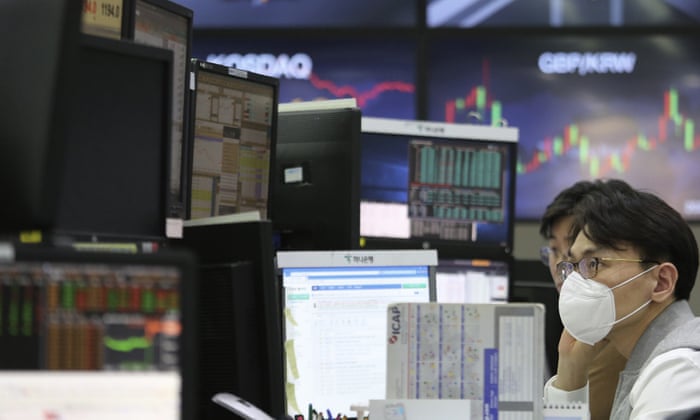
Introduction
The fight against Coronavirus is not confined to the medical front only. The damage has extended to all sectors of business, affecting the global economy very badly. The pandemic has hit hard the economic ties of various countries with more-affected nations, forcing businesses to come to an unprecedented standstill. The massive lockdown has its own implications on the global economy with as much worry stemming from its effects as the disease itself. In this article, Matthew Davies discusses how the economy will recover after the coronavirus.

The Ways
- Fiscal measures- Fiscal measures to save companies and banks from bankruptcy are most vital after the pandemic crisis gets over. The policymakers in each country and on the global platform should be considering various forms of tax relief. Firms should be given a chance to borrow at nominal interest rates to help them recover from the impact of the crisis on their business. Tax deferrals for distressed companies would be a good initiative to help the firms.
- Short term work allowance- There should be schemes and ideas to compensate for the underemployment of the workforce. This is absolutely necessary to prevent job losses. The firms and companies, as well as individual workers, should not be constrained by a lack of funds in their effort to get back on their feet. A little help from the government and financial institutions will help these small firms bounce back and in turn, help the economy on a larger note.
- Low-carbon economic expansion- According to researchers, better economic growth and better climate go hand-in-hand. The economy should be rebuilt in a way that makes it resilient to future shocks, including climate change. Keeping these reasons in mind, it is imperative to invest in low carbon infrastructure and industries. It is important to build the economy better than it was before.
- Boost reforestation- This is not only an idea that has huge potential to create jobs but also looks at attaining a space that is more conducive to health concerns that the planet is facing at the moment. Trees form a crucial portion of the country’s natural infrastructure and are also a vital tool to remove carbon dioxide from the atmosphere. Improved air and water quality will not only ensure better standards of living but also prove to be a shield from any future disease that can halt the economy.
- Investment in infrastructure- A big cash-flow happens when there is substantial growth in the building sector. When the laborers are engaged, the requirement for building materials increases too. There is a wide network of possible employment opportunities associated with it which will help the economy to reboot itself. Government aid for such projects can be ensured at the initial stages to help companies build ground beneath its feet.
Conclusion
Decisions made now are definitely going to have long term impacts on the global economy. Any step to foster economic development should be taken keeping far-sightedness in mind. Matthew Davies feels that in this time of crisis we should not lose faith and understand that like all bad times, this too shall pass.




